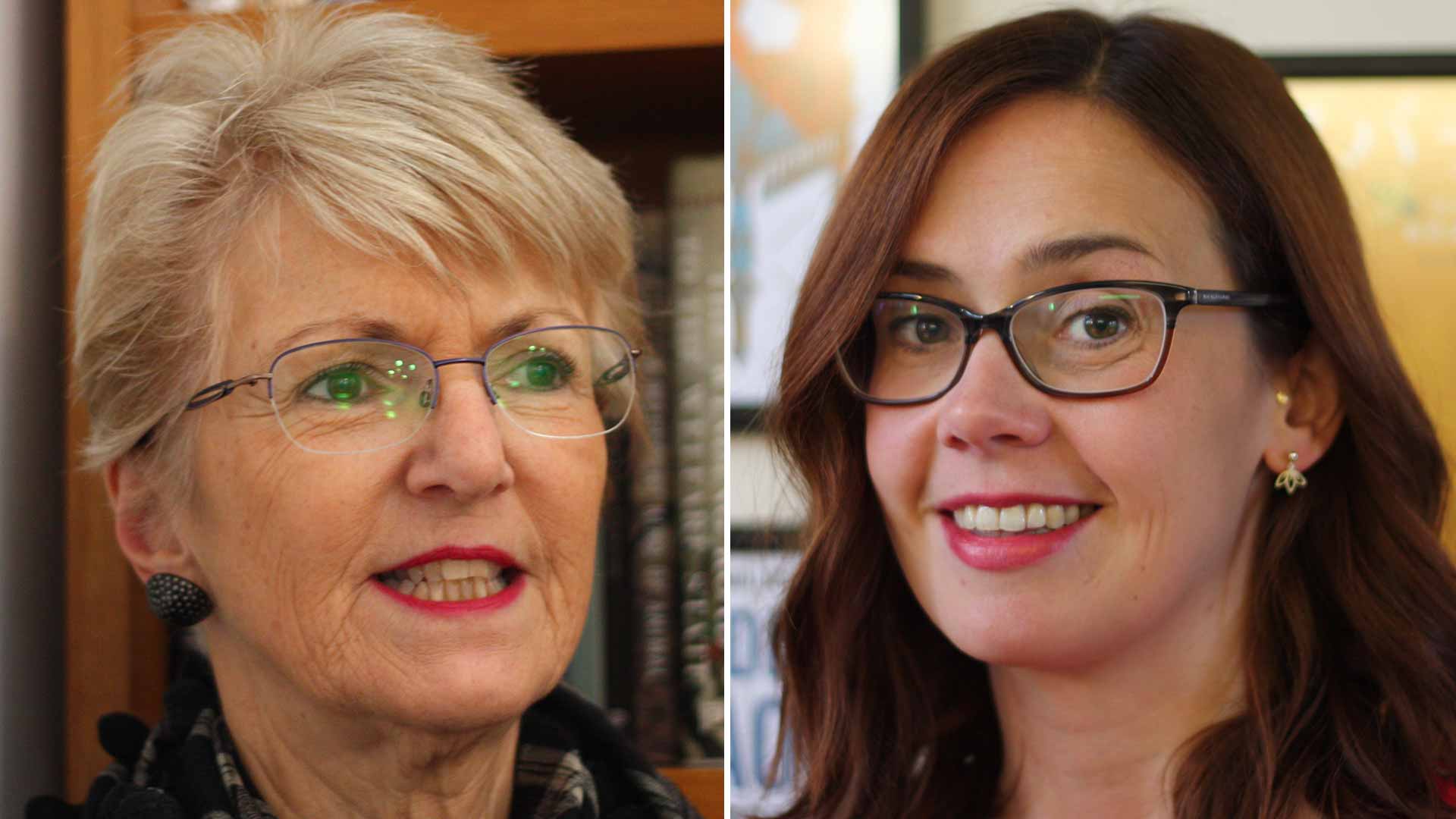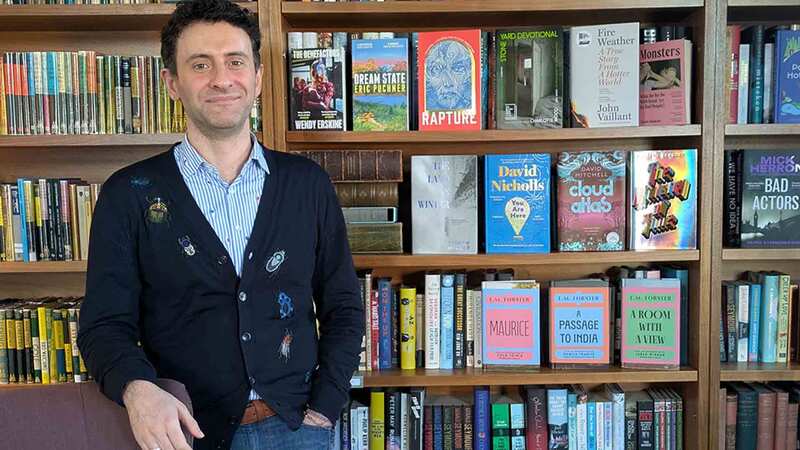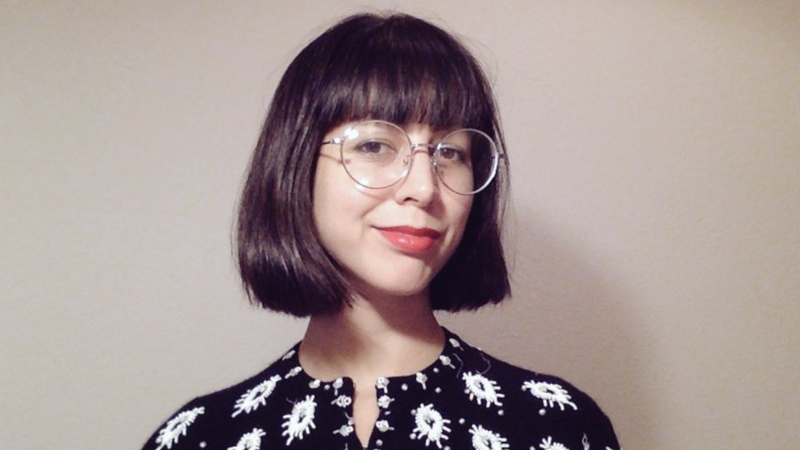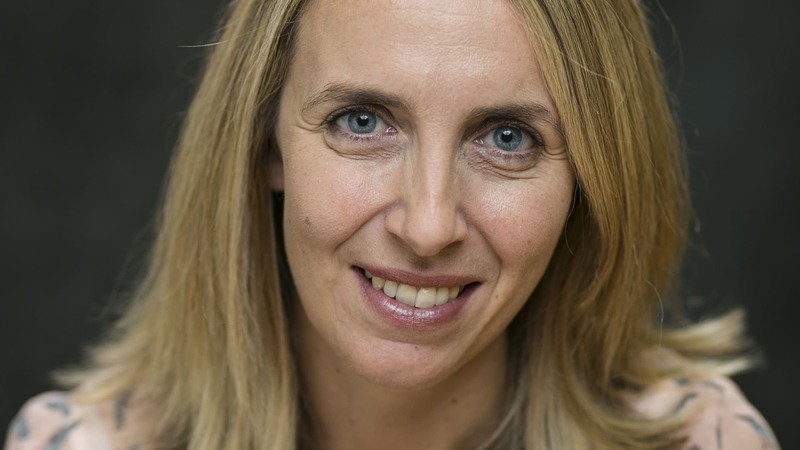You are viewing your 1 free article this month. Login to read more articles.
Twenty-five years and counting for PUP Europe
This year marks a quarter of a century since Princeton University Press (PUP) established its Europe office in Woodstock, near Oxford. From humble beginnings as a three-person editorial and publicity team, PUP’s European cohort is now 25-strong, with staff working across editorial, publicity, sales, marketing, rights, digital and audio.
According to Caroline Priday, co-head of PUP Europe, the outpost has helped the press expand its global remit, with the European team acting as “a bridge between offices” in the US, China, Australia and South Asia. PUP Europe also “takes the lead in certain areas, such as commissioning in Europe”. Priday highlights how the work of the European team boosts sales in this market. “From 2000 when the Europe, the Middle East and Africa sales were 7% of [PUP’s global sales], we’re now up to 20% of the total, so it has made a huge difference to getting our books out there.”
Priday has been with the business for nearly two decades, as has fellow co-head Kim Williams, who is also PUP’s digital and audio publisher. Williams muses: “It’s always interesting for us to try to define how we work with the US. Unlike other university presses, we’re not a separate organisation, and we have international reporting lines.” The pair feel the cross-Atlantic relationship has changed significantly over the years. This ranges from UK design and production practices being adopted more widely, to the European team being more able to “inform and guide decisions about the substance of books”. Williams says: “For a long time, I felt like we had to say: ‘Does that story apply to the rest of the world?’ I think that message has landed, and we’re now able to move those conversations on.”
PUP Europe has also influenced work practices across the wider organisation. “There are certainly areas where, because we’re smaller in this office, we’ve been more nimble about the things that we’ve put into place in terms of staff connections... and [the US has] definitely learned from some of the things that we do here,” says Priday. This was particularly evident when Covid-19 hit. “We were able to lead the way in showing people how you could chair meetings remotely.”
Priday points out that PUP Europe’s relationship with the US has also been bolstered by its move to Banbury Road in the heart of Oxford, where the majority of the European team is based, three years ago. “Having the extra space has enabled us to host US colleagues for three-month periods,” she explains. “That’s given them the opportunity to do some European travel and commissioning and enabled them to really expand their knowledge of the European market.” PUP leases space in the building to Rutgers University Press, The Voltaire Institute and the Higher Education Policy Institute, which allows for what Williams deems “a really interesting exchange of ideas”.
It feels to me like the story we need to tell about university press work is that’s it’s all about human relationships
The press has celebrated its 25th anniversary in various ways through the year, culminating with a party at the Oxford office back in September for current and former staff, as well as other friends of the press, following a meeting of its European Advisory Board. Williams describes the meeting as an “eye-opening” opportunity to “understand how much our advisory board—who are largely scholars—feel beleaguered about the pressures of being an intellectual and trying to get what is important and truthful out into the world”. She continues: “There’s not the same value placed on that there might once have been.”
Despite this, Williams feels the sector is “flourishing”. She explains: “It has been a difficult couple of years, but there are more university presses in the UK, and certainly more in Europe, than there were 20 years ago. I think that speaks to the importance of the work that we do—peer-reviewed, properly researched, fact-checked scholarship.” Meanwhile, senior editor for social sciences Rebecca Brennan declares this a “very exciting” period for university presses, who have become “more outward facing, both in terms of collaboration with other university presses, but also looking to reach broader readerships”.
This is certainly a priority for Brennan, who joined the company two years ago. She is looking to publish work that “takes academic knowledge and translates it for as broad a readership as possible” and particularly seeking books that “focus on injustice and inequality in all of its various forms”. PUP plans to grow both the number of titles originating in Europe (currently around 50 of the global annual output of 275) and the author base here, and Brennan is “committed to bringing people in who are not historically well represented within publishing”. She says: “I’m very open to a broad range of projects.”
Another priority for the team is getting out to meet people face-to-face after the lack of travel during the pandemic led to a dip in publishing output. Though PUP operates a flexible working policy allowing employees to choose where they work, Williams believes it is “more important than ever that we’re connecting in person”. She expands: “It feels to me like the story we need to tell about university press work is that’s it’s all about human relationships.”
This is interesting, given the industry’s focus on Artificial Intelligence (AI). Williams sits on PUP’s AI working group. The press is not currently licensing to Large Language Models or other platforms. “But,” she admits, “we know we need to look at that, and we’re actively figuring out our position. It’s a case where proceeding cautiously is right for us... We’ve come to the conclusion, as many people have, that there’s a difference between AI tools and AI content generation. There’s space for the industry to evolve, and to use those tools in a known and safe way. But we do have a policy on the website about AI, which is very clear that you can’t use it to generate writing, because we don’t have the infrastructure to verify that.”
She considers AI both “a fundamental challenge to so many of the things that we do” and “an opportunity in the same breath”, joking: “Publishing always thinks of itself as in crisis. There’s never a time when we don’t feel under pressure.” Nonetheless, she remains positive, telling me: “One thing about working in university press publishing and at PUP is that we are full of curious people. That’s a trait that I would say extends across all of our colleagues, particularly in Europe. It really is a space for lifelong learners to do their best work, and that’s what I love about it the most.”
PUP upcoming highlights
Mary Bosworth
Supply Chain Justice
PUP, 17th December 2024, £30, eb, 9780691259864
Drawing on extensive ethnographic research, Bosworth examines what keeps the British detention and deportation system in place and whether it might be effectively challenged.
Jaap de Roode
Doctors by Nature
PUP, 4th March 2025, £20, eb, 9780691239248
De Roode argues that we have underestimated the healing potential of nature and shows how the study of self-medicating animals could impact the practice of human medicine.
Diane Coyle
The Measure of Progress
PUP, 1st April 2025, £25, hb, 9780691179025
Coyle argues that the framework underpinning today’s economic statistics is outdated and makes the case for a new framework.
Chantelle Jessica Lewis, Jason Arday
We See Things They’ll Never See
PUP, £TBC, TBC, 9780691262710
Lewis and Arday bring into focus how an analysis on disability, race and class in tandem can help make the world more equitable and inclusive.















